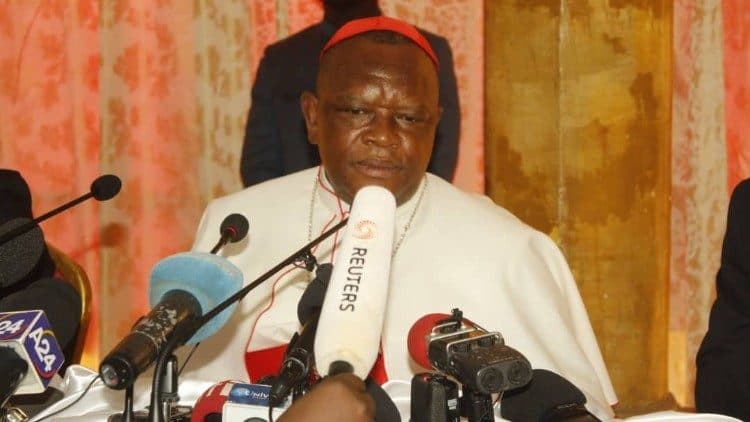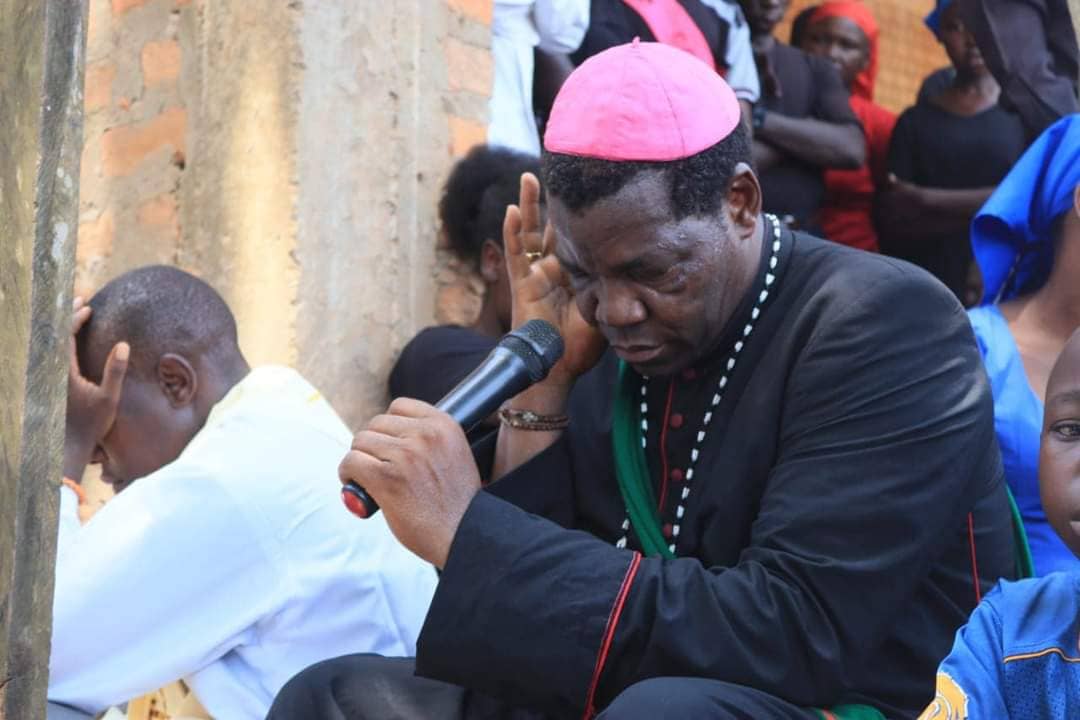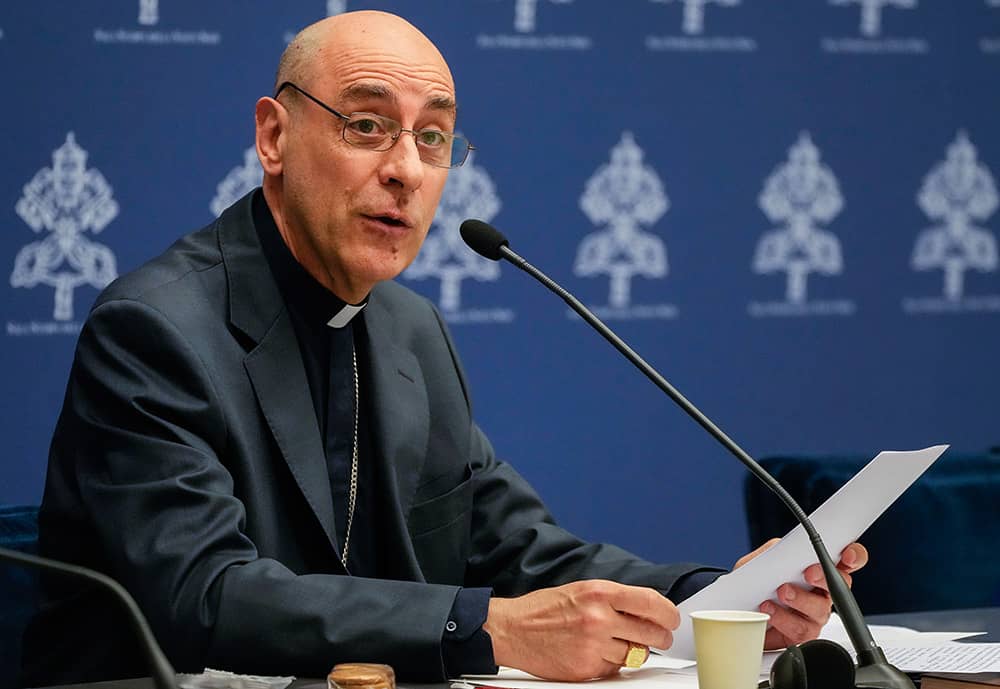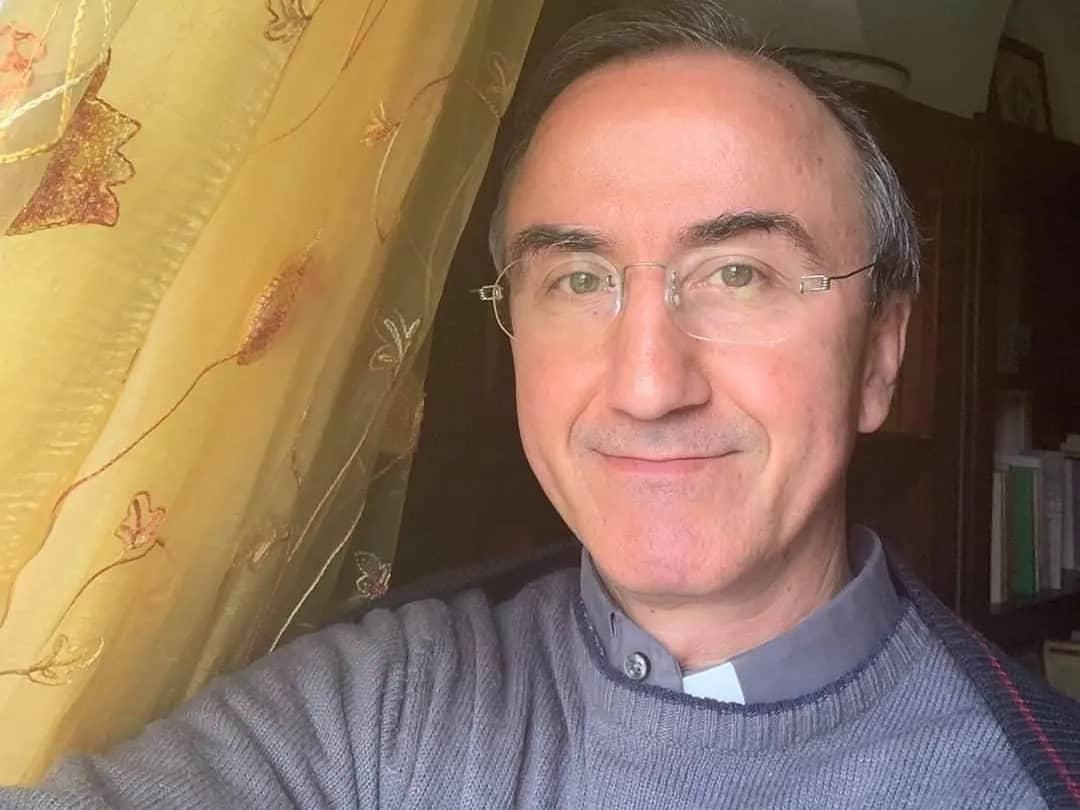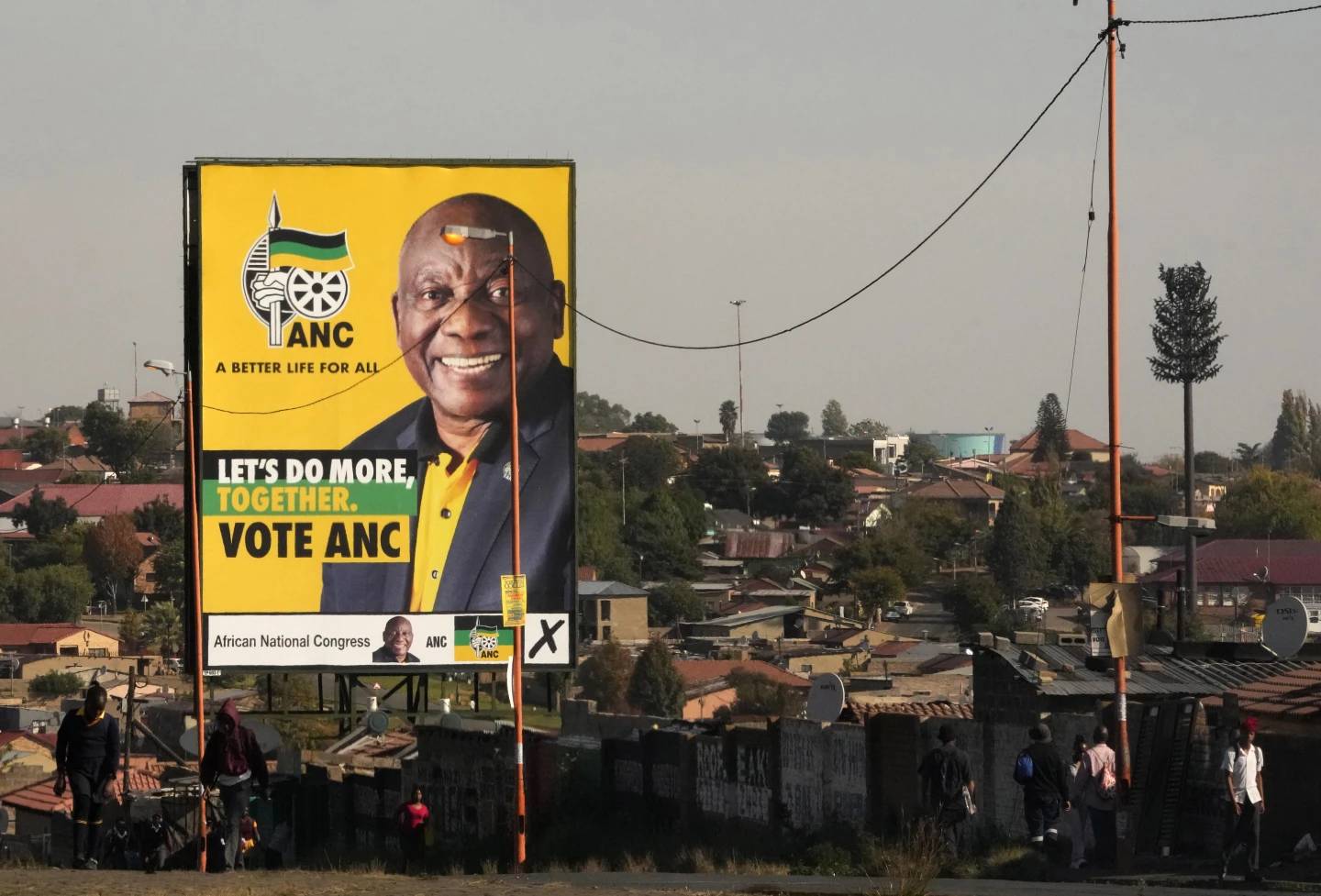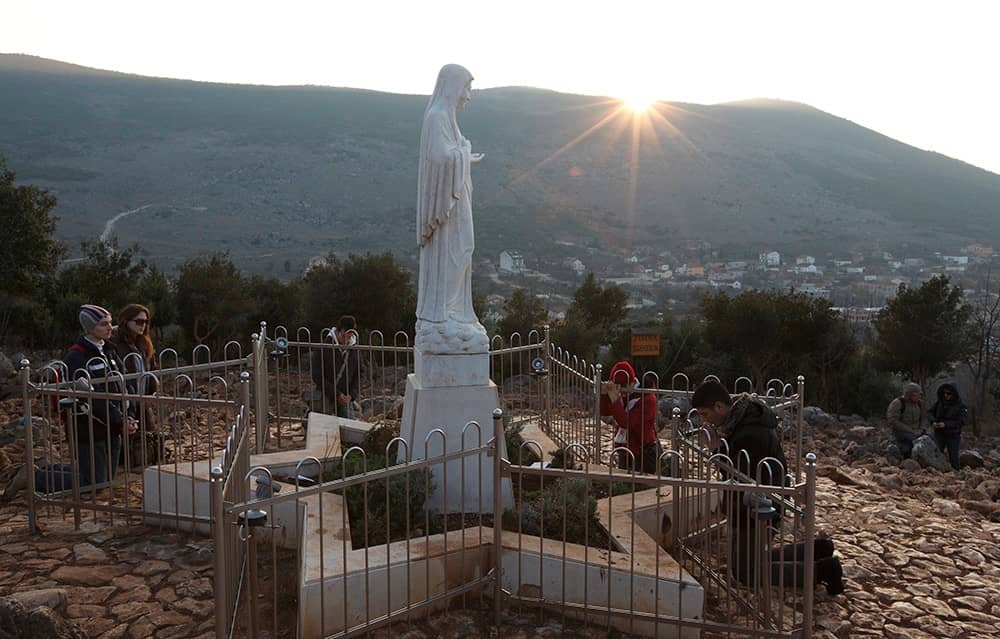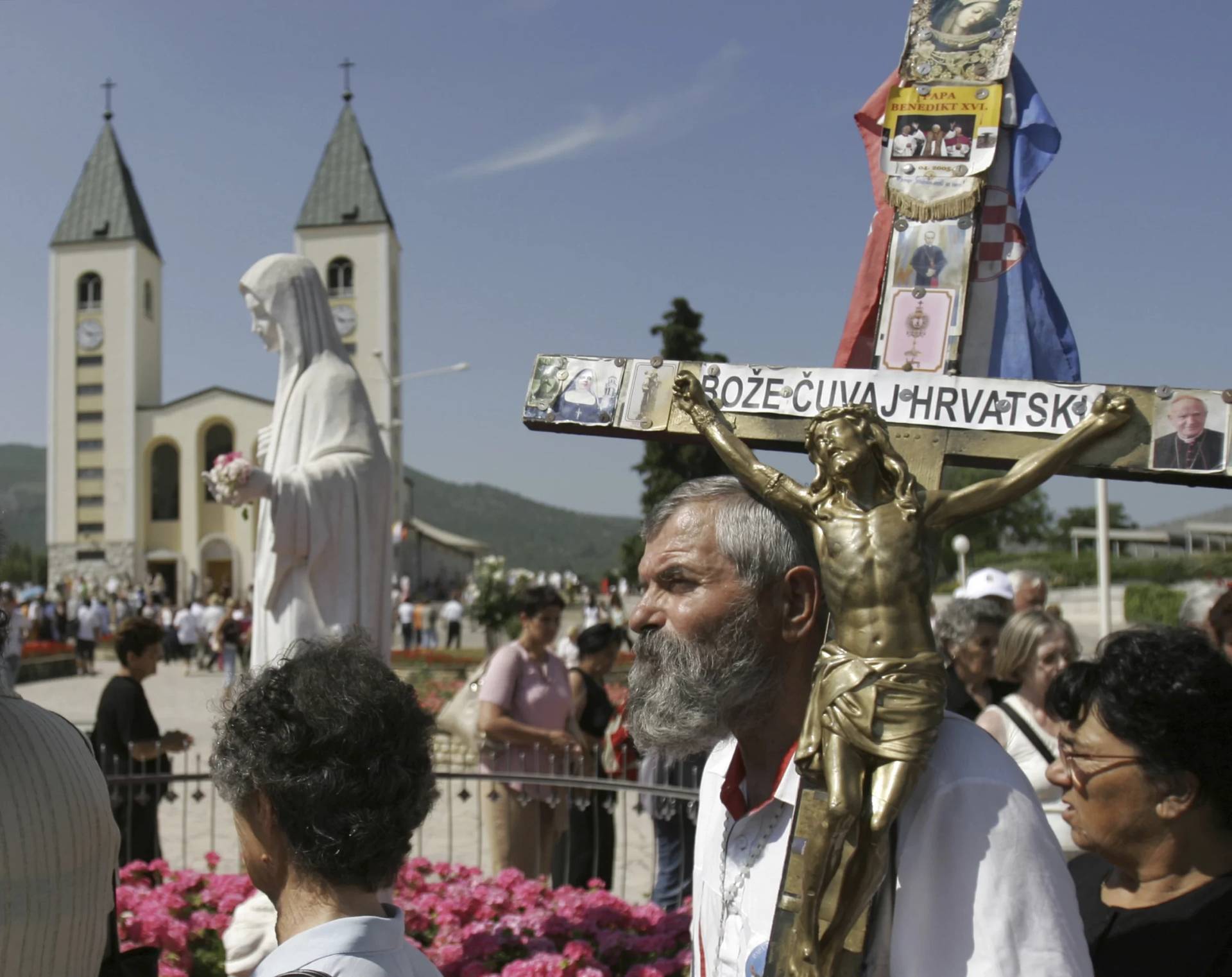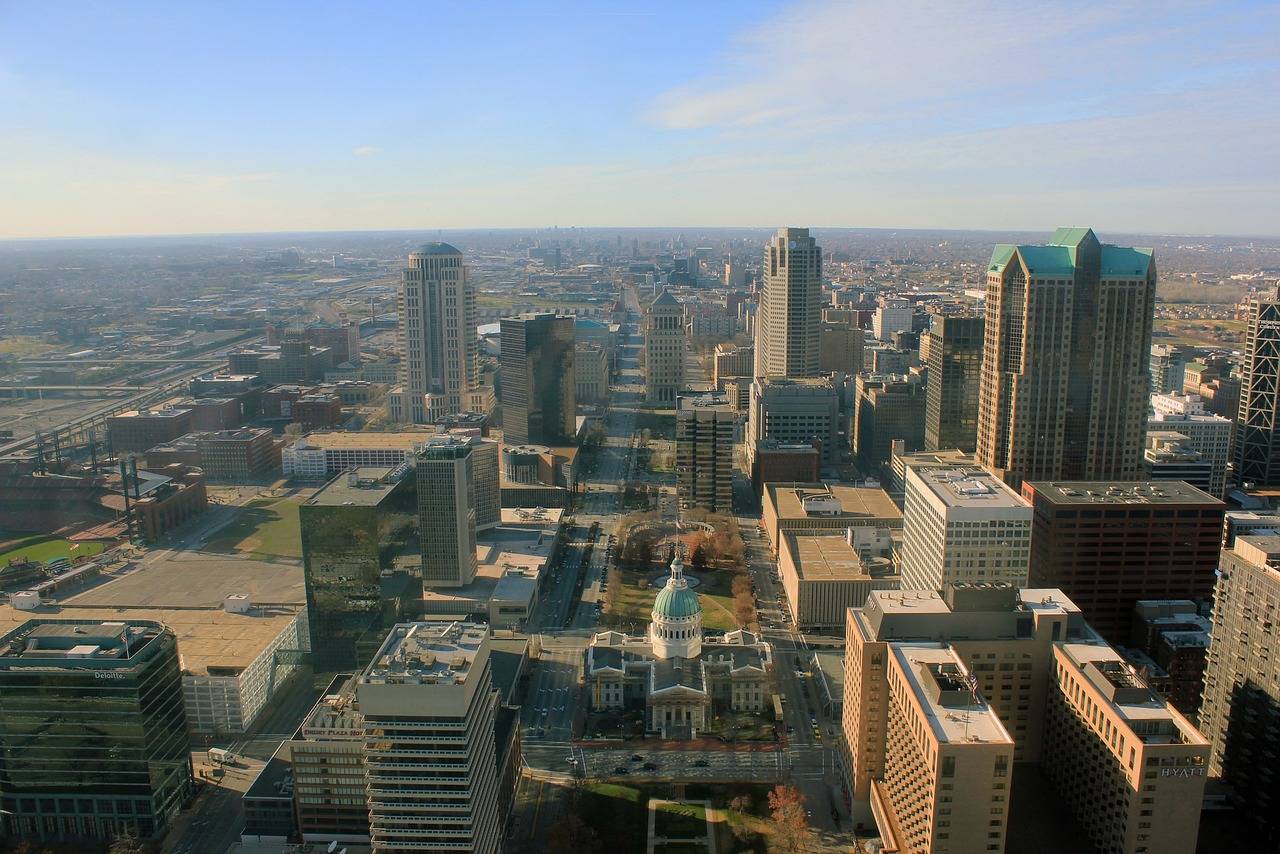YAOUNDÉ, Cameroon – After a prosecutor in the Democratic Republic of Congo announced an investigation of Cardinal Fridolin Ambongo of Kinshasa on charges of sedition, both clergy and laity in the country’s capital have rallied to his defense, calling the probe “shameful” and pledging their loyalty.
“We openly reaffirm, in the clearest possible terms, our attachment and unfailing loyalty to our Archbishop, Fridolin Cardinal Ambongo,” said an April 30 statement from the Assembly of the Clergy of Kinshasa (ACKIN).
The Catholic Lay Apostolate Council of Congo (CALCC) likewise expressed full support, calling the investigation a “relentless effort to silence the cardinal.”
“To humiliate him in the exercise of his prophetic mission is to humiliate an entire people who aspire to a better life in this country,” members said in a May 1 statement, vowing to remain steadfast in their support and loyalty.
Ambongo’s fellow bishops said in an April 30 statement that they are closely following the situation and urged the country’s Christians to remain calm, praying that “this time of trial may be transformed into a seed of justice, peace, reconciliation and sustainable development. “
The reactions came in the wake of an order from the attorney general of Congo’s Supreme Court, directing a lower court to open a judicial inquiry against the 64-year-old Ambongo, a member of the Capuchin Franciscans who was appointed to Kinshasa in 2018 by Pope Francis and made a cardinal a year later.
Ambongo is also the elected president of the Episcopal Conferences of Africa and Madagascar (SECAM), making him effectively the highest-ranking Catholic prelate on the continent.
In recent months, Ambongo has been outspokenly critical of what he’s described as the failures of the Congolese state. In a recent Easter message, he faulted the country’s authorities for apparent indifference to the suffering of the people amidst war, poverty, and deprivation.
“We know very well that our country is today a country in agony, seriously ill and when a seriously ill person is in a state of coma, it is dangerous to predict his future and today the Congo is in this situation of the seriously ill person who is almost in a comatose state,” he said March 30.
The cleric talked about the balkanization of the Congo where multinational companies, and rebel groups funded by neighboring countries fight for control over minerals in the east.
“Our country is being carved up in front of us, and we act as if it was not our country,” Ambongo said at the time.
In an April 27 letter, a prosecutor for Congo’s Court of Cassation, effectively the supreme court, claimed that Ambongo’s rhetoric was tantamount to “seditious statements… likely to discourage soldiers of the armed forces of the Republic who are fighting on the front lines, but also inciting rebels and other invaders of the local populations already bruised by years of destabilization.”
“In view of the evidence of this behavior, which can be analyzed as offences against the Fatherland, its people and its leaders, and which contravene the laws of the Republic, I order you to open a judicial investigation against the above-mentioned prelate,” the prosecutor said to the Matete Appeals Court.
“He seems to be deliberately violating people’s consciences and taking pleasure in spreading these false rumors and other incitements to revolt against the established institutions and to attacks on human lives,” the letter said.
The order states further that if the lower court failed to initiate a judicial inquiry, it would be treated as “a denial of justice on your part and your inactivity would be considered as complicity in the reprehensible acts mentioned above.”
Ambongo’s supporters insisted that the cardinal’s public statements are fully in keeping with Catholic social doctrine.
ACKIN members said in their statement that the cardinal’s messages resonate with all Catholics, especially those “moved by justice, truth and peace, seeing in him the defender of the little ones and the hope of an entire people.”
They complained that the authorities, by issuing such an order, were diverting from the real problems plaguing the mineral-rich country.
“The nation is in danger, and now is not the time for diversion. To all those who have the wrong target, we issue this warning: Whoever touches the cardinal, touches the clergy. Whoever summons the cardinal, summons the clergy,” they said.
According to the lay council, the legal process against Ambongo is intended to “silence the servant of God, thereby stifling an entire community facing existential and socio-economic challenges.”
The lay council’s president, Jean Bosco Lalo, urged members to continue praying for the holistic development of the Church in the Democratic Republic of the Congo.
In the eyes of many observers, Ambongo’s public statements, and the backlash they’ve generated, reflect Congo’s troubled recent history.
For over 30 years, the country has grappled with relentless conflict. The causes are intricate and entrenched, involving a web of actors. Beyond the notorious M23, various armed groups – over 100, by most counts, both Congolese and foreign — vie for dominance, particularly in the eastern region. Additionally, neighboring nations, including Rwanda, find themselves entangled in this crisis, as they seek control of such valuable minerals as gold, coltan, and diamonds.
The staggering toll is evident: Since 1996, approximately six million lives have been lost, and over six million people remain internally displaced in the eastern DRC.
Ambongo has not only been critical of the rebel groups and the involvement of foreign governments in the crisis, he has also raised concerns about the conduct of the DRC’s security agencies.
“The reality is that the others continue to advance and occupy the East of our country. This is obvious for the simple reason that Congo has no strength to defend the integrity of its country,” the cardinal said during his Easter sermon.
Observers in Congo say that the relationship between Ambongo and President Félix Tshisekedi has been tense since Tshisekedi came to power in 2019 in elections that church officials at the time, including Ambongo, described as flawed. Earlier this year, Ambongo also criticized delays in forming a cabinet, triggering more irritation from the administration.
